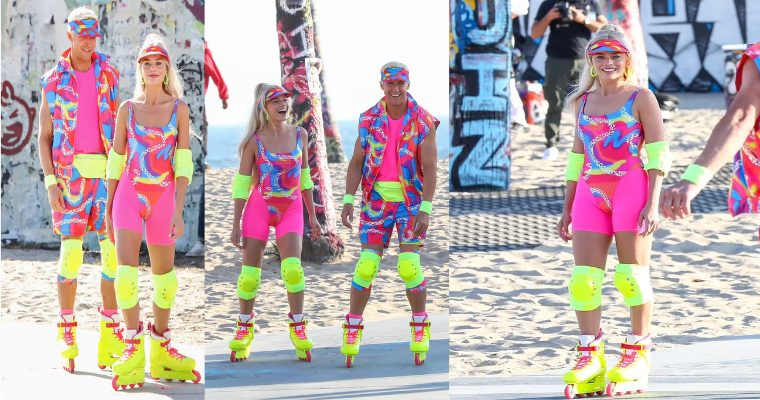Deepfake AI tech is becoming so good it’s scary.
Even if they’re not sold on him as an actor, people in general love Keanu Reeves as a person. With his down-to-earth vibe and humble acts of kindness, the Canadian star is just a genuinely good guy. Appreciating Keanu Reeves is like an inviolable law of the universe or something.

So it’s understandable that people would be eager to follow Reeves on social media—except there’s one problem. He has made it clear he doesn’t use it.
Some people who come across an “Unreal Keanu” video on TikTok, however, are being duped into thinking he does, despite multiple disclaimers—including the account name—that it’s not really his account.
The @unreal_keanu account has more than 8 million followers, some of whom appear to think they’re following the actual actor. Whoever owns the account shares fun little video creations with “Keanu Reeves” in various relatable scenarios. He never speaks, so there’s no voice to compare to the real deal, but his face and body are a darn good dupe.
The account clearly says “parody” in the bio, but if people don’t click the bio to see that, they may very well believe the video to be Keanu Reeves himself. And judging by the comments, that’s exactly what a lot of people do.
People who are familiar with deepfake videos or who have seen Keanu Reeves more recently (with his scruffy, salt-and-pepper beard) can fairly quickly discern that they can’t be real, but the casual observer who sees these videos in passing can be forgiven for assuming it’s him. The TikTok account has been around for almost a year and the technology has only gotten better and better. The first few videos are pretty clearly deepfakes, but the recent ones are genuinely hard to tell.
Here’s the first video that was shared on January 18, 2022, where the AI element is a lot more obvious:
The progression of AI tech in just under a year is both impressive and a little terrifying. This account is clearly using Keanu’s likeness for silly giggles and is pretty harmless, but it’s easy to see how someone with nefarious intent could create serious problems for public figures as well as the average person.
The good news is that as AI technology is getting better, so is the technology to detect it. The bad news is that some people are prone to believing misinformation and resistant to fact-based correction, so even if a deepfake is detected as such, the truth may not fully break through people’s blinders and biases.
The future of AI, for better or worse, is a big ethical question mark for us all. But in the meantime, it’s pretty incredible to see what humans have figured out how to do.
Source: upworthy.com








